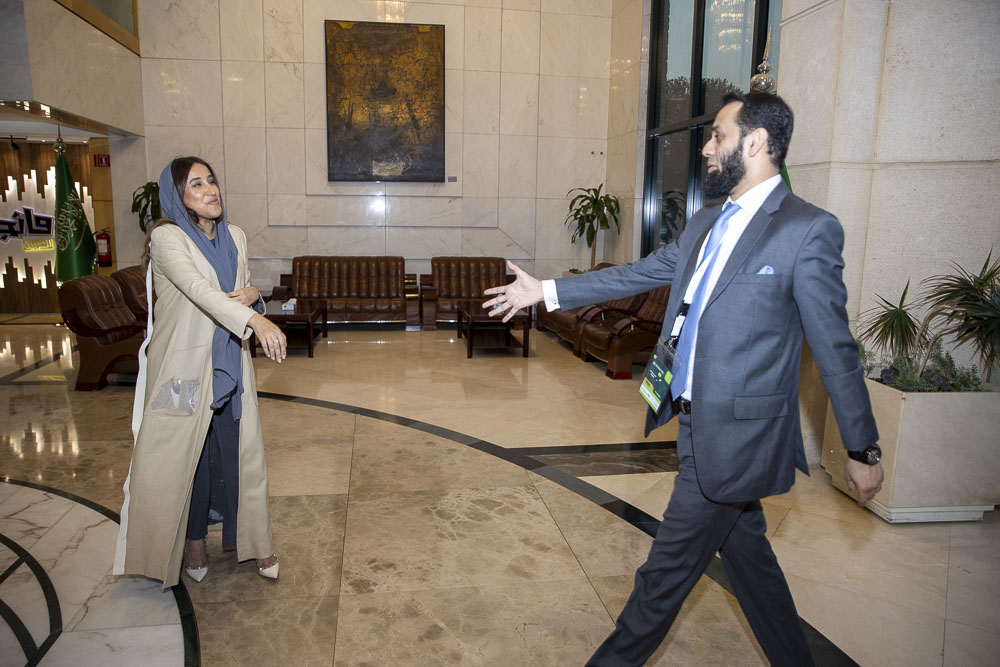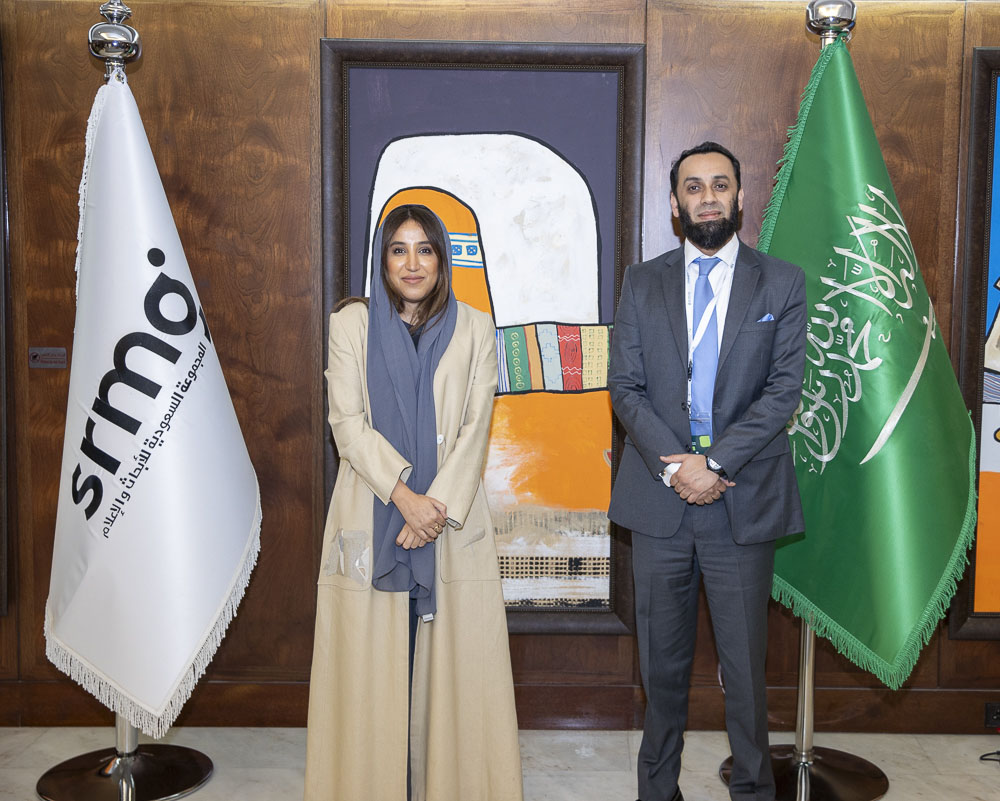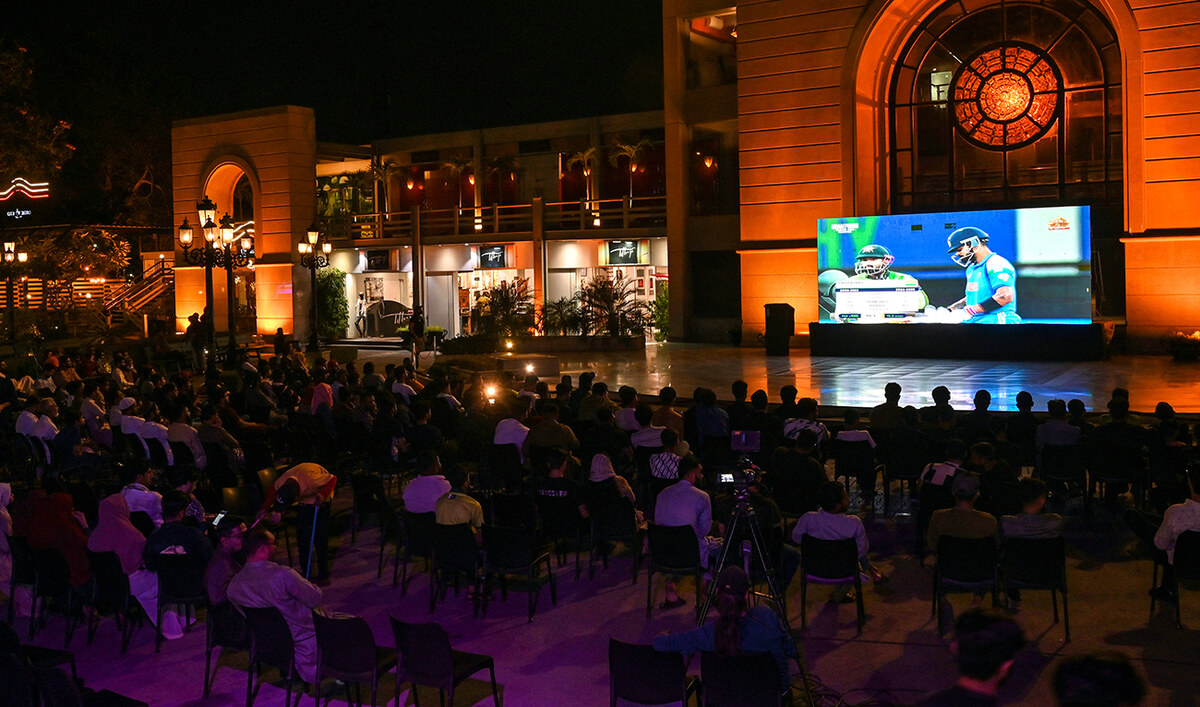ISLAMABAD: Pakistan and Iran have signed a memorandum of understanding (MoU) aimed at taking bilateral trade volume to $10 billion, Pakistani state media reported on Tuesday.
The development comes amid Pakistan’s efforts to increase trade and investment as it treads a tricky path to economic recovery under a $7 billion International Monetary Fund (IMF) program, secured in September.
The volume of bilateral trade between Pakistan and Iran reached $2.8 billion in the last fiscal year that ended in June, the state-run Radio Pakistan broadcaster reported.
“The MoU was signed during a high-level meeting between the Federation of Pakistan Chambers of Commerce and Industry and Iran’s Mashhad Chamber of Commerce and Industry,” the report read.
“During the meeting, Iran also assured Pakistan of reducing business visa fees and facilitating trade activities.”
Pakistan and Iran have often been at odds over instability along their shared, porous border and routinely trade blame for not rooting out militancy. Tensions surged in January last year when Pakistan and Iran exchanged airstrikes, with both claiming to target alleged militant hideouts in each other’s territory.
Iran’s late president Ebrahim Raisi toured Pakistan in April 2024 as both countries sought to mend ties after unprecedented tit-for-tat military strikes.
During Raisi’s three-day visit, the two governments signed MoUs and agreements covering different fields including trade, science and technology, agriculture, health, culture and judicial matters.
Raisi had said that the volume of trade between the two countries was “not acceptable at all” and that they should enhance bilateral trade to $10 billion.
Pakistan, Iran sign agreement to take bilateral trade volume to $10 billion
https://arab.news/jt99c
Pakistan, Iran sign agreement to take bilateral trade volume to $10 billion

- The development comes amid Pakistan’s efforts to increase trade as it treads a tricky path to economic recovery
- The volume of bilateral trade between Pakistan and Iran reached $2.8 billion in the last fiscal year that ended in June



















